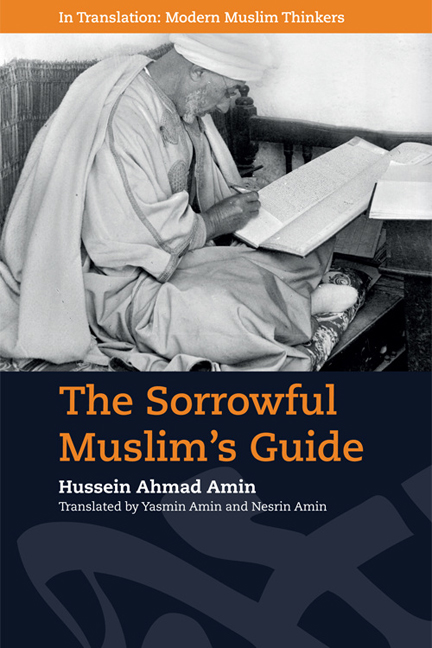2 - Reflections on the Evolution of the Prophet’s Biographies in the East and West
Published online by Cambridge University Press: 06 May 2021
Summary
Do not [over] extol me as the Christians have [over] extolled Jesus Son of Mary, for I am a servant, so say servant of Allah and His messenger.
Ḥadīth (Prophetic tradition)The writing of history and biographies has a history of its own. This is not only due to the evolution of methodologies and research methods, but also due to the predominance of particular theories, and the writers’ reflection of the spirit of their age and of certain prevalent intellectual “fashions” or trends. The impact of such trends on historical and biographical writings (interesting and revealing though it may be) would have been enough to belittle both genres and call their value into question were it not for the ignorance of the majority, or their deliberate choice to ignore such effects, as well as the philosophical acceptance on the part of the minority of the inevitable subjectivity that characterises both these branches of knowledge.
It is noticeable that the greater the amount and diversity of information available on a certain historical era, event or prominent historical figure, the more likely it is for the writing about them to be subjective and for a variety of theories to be formulated about them. The historian or biographer then has a bigger pool of data to choose from, to pick the events that agree with his inclinations or that confirm his opinion. In his book What is History?, E. H. Carr likened the position of the historian with regard to the information available to him to that of a fisherman setting out to catch a certain kind of fish, choosing certain tools and utensils and steering his boat to the place where this type of fish is known to be plentiful. He then forays into the sea until he reaches the distance that he deems appropriate. Some of the fish that come out in his net or attach to his fishing rod may be of the type he does not want, so he returns them to the sea, keeping only those he set out to catch!
The Early Muslim Historians’ Concept of History
Some have criticised the early Muslim historians who wrote the history of the Islamic world after the death of the Prophet for simply listing the events without commentary, and for producing a mere record without any preconceived perspective.
- Type
- Chapter
- Information
- The Sorrowful Muslim's Guide , pp. 41 - 60Publisher: Edinburgh University PressPrint publication year: 2018

